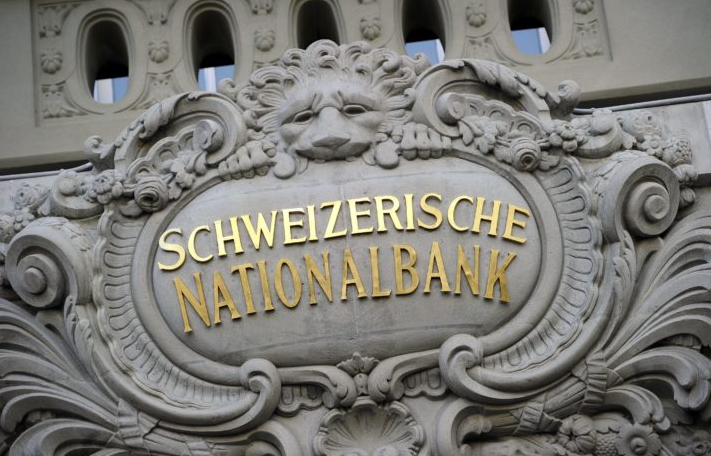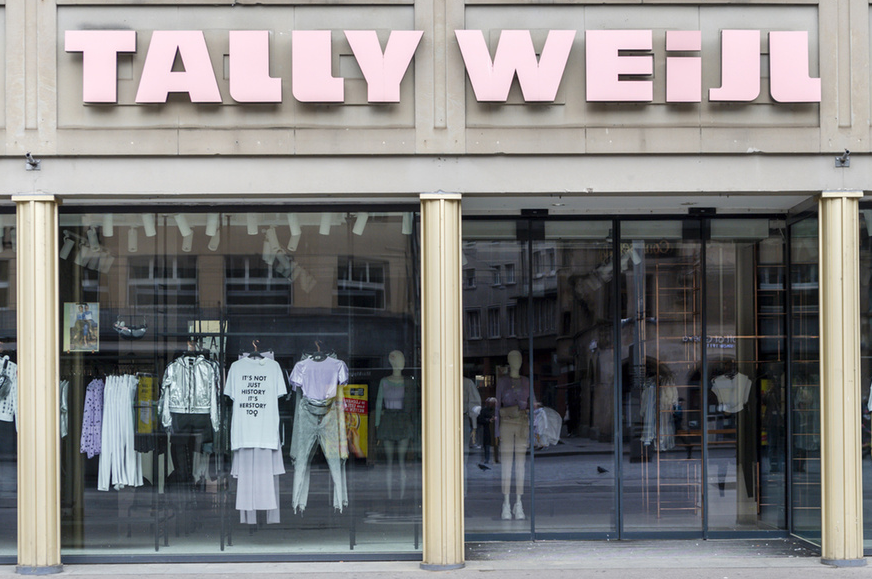The data comes just days after Swiss National Bank President Thomas Jordan signalled that even larger interventions may be on the cards in the future. Keystone / Anthony Anex The Swiss National Bank (SNB) spent CHF90 billion (.8 billion) in the first half of the year, more than it has spent in the past three years combined, to hold down artificially the value of the wealthy alpine state’s currency. In official data released for the first time on Wednesday, the central bank said it sold CHF38.5 billion in the first three months of 2020, and a further CHF51.5 billion in the next three months, hoovering up dollar and euro-denominated assets. The data comes just days after SNB President Thomas Jordan signalled that even larger interventions may be on the cards in
Topics:
Swissinfo considers the following as important: 3) Swiss Markets and News, 3.) Swiss Info, Featured, Latest News, newsletter
This could be interesting, too:
Nachrichten Ticker - www.finanzen.ch writes Krypto-Ausblick 2025: Stehen Bitcoin, Ethereum & Co. vor einem Boom oder Einbruch?
Connor O'Keeffe writes The Establishment’s “Principles” Are Fake
Per Bylund writes Bitcoiners’ Guide to Austrian Economics
Ron Paul writes What Are We Doing in Syria?

The data comes just days after Swiss National Bank President Thomas Jordan signalled that even larger interventions may be on the cards in the future. Keystone / Anthony Anex
The Swiss National Bank (SNB) spent CHF90 billion ($97.8 billion) in the first half of the year, more than it has spent in the past three years combined, to hold down artificially the value of the wealthy alpine state’s currency.
In official data released for the first time on Wednesday, the central bank said it sold CHF38.5 billion in the first three months of 2020, and a further CHF51.5 billion in the next three months, hoovering up dollar and euro-denominated assets.
The data comes just days after SNB President Thomas Jordan signalled that even larger interventions may be on the cards in the future.
Switzerland’s long-running battle with an overly strong franc has drawn criticism from the US, which has threatened to label the country a currency manipulator. But the SNB has long argued that its efforts to control the franc’s appreciation are critical to the health of the Swiss economy: a rapid rise in the currency’s value would be crippling to Switzerland’s large export-oriented manufacturing industry, the bank argues. It would also drag down already feeble inflation.
The release of new quarterly data on interventions is seen as an effort to use enhanced transparency to mollify concerns over the strategy.
Sustained pressure
The franc has been under sustained upward pressure, thanks to its status as a haven currency in times of stress. Quantitative easing in the US and the eurozone has forced the SNB to slash its interest rates to stymie capital inflows. Switzerland’s benchmark rate has been held at minus 0.75%, the lowest in the world, for the past five years.
Still, the euro is hovering around CHF1.08, close to the franc’s strongest levels in three years.
The SNB signalled at the end of 2019 that market interventions would be its main tool to fight the rising value of the franc in the future. With the onset of the coronavirus crisis, however, the bank was forced to take far bolder action than most economists expected.
The central bank’s balance sheet is now closing in on $1 trillion in size: data at the end of August showed the bank held $950 billion in assets. Switzerland, a country of 8.5m people, has annual economic output of just over $700 billion.
US equities
The central bank’s appetite for dollars has already made it one of the largest US equity investors in the world. SEC filings from the beginning of this year show the bank held a $4.2 billion position in Apple, $3.6 billion in Microsoft, $2.4 billion in Amazon and $1.6 billion in Facebook.
The SNB bought another SFr40 billion of dollar-denominated assets in the first six months of this year, around CHF8 billion of which is likely to have been spent on US equities, according to the bank’s own allocation strategy.
The equity portfolio has this year delivered bumper returns for the bank, even though officials stress they do not target profitability in their investment decisions, only liquidity needs. Still, some analysts question whether its credibility may take a dent if it is forced to book huge losses, and what the political consequences of that might be.
Outsize gold holdings have also been another huge source of gains, as the precious metal rallied to a record high of $2,073 an ounce in August this year. The SNB currently owns around 1,000 tonnes of gold, worth about CHF59bn.
Copyright The Financial Times Limited 2020
Tags: Featured,Latest news,newsletter








